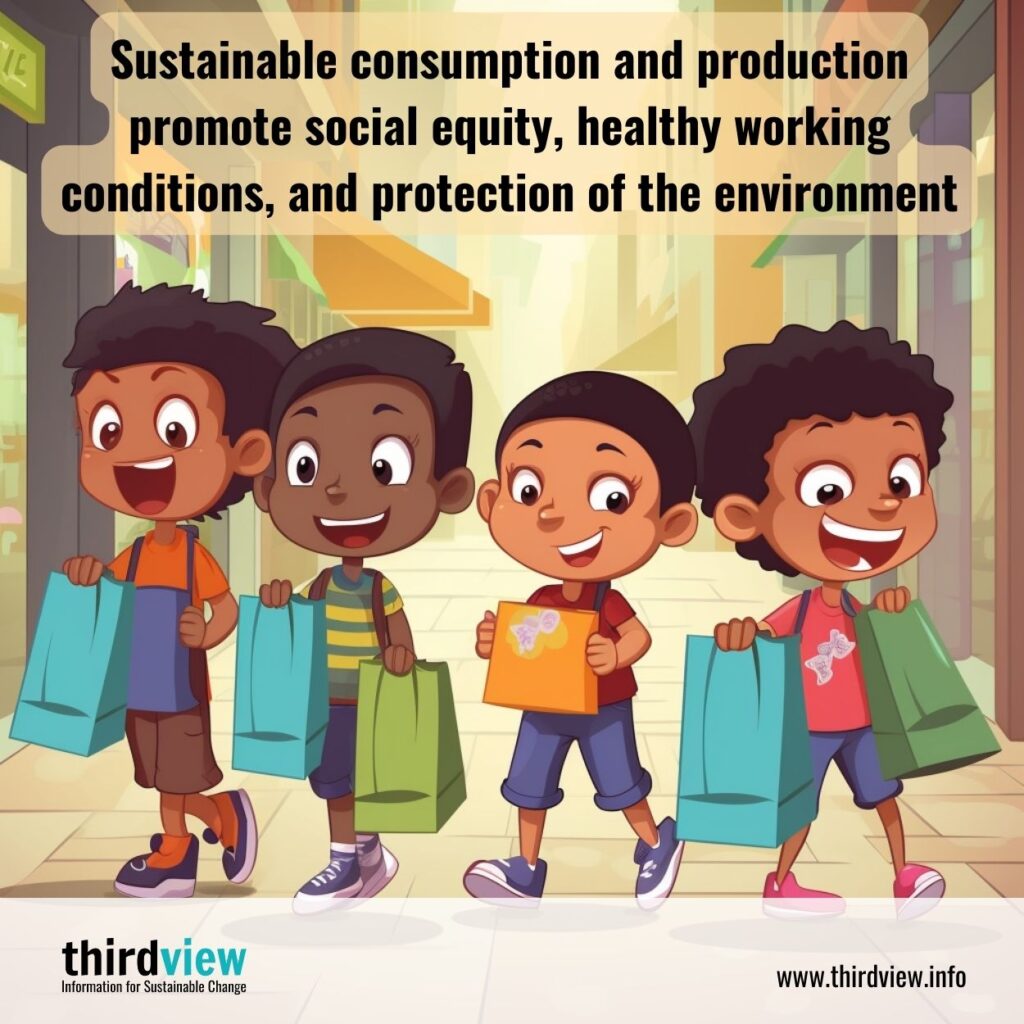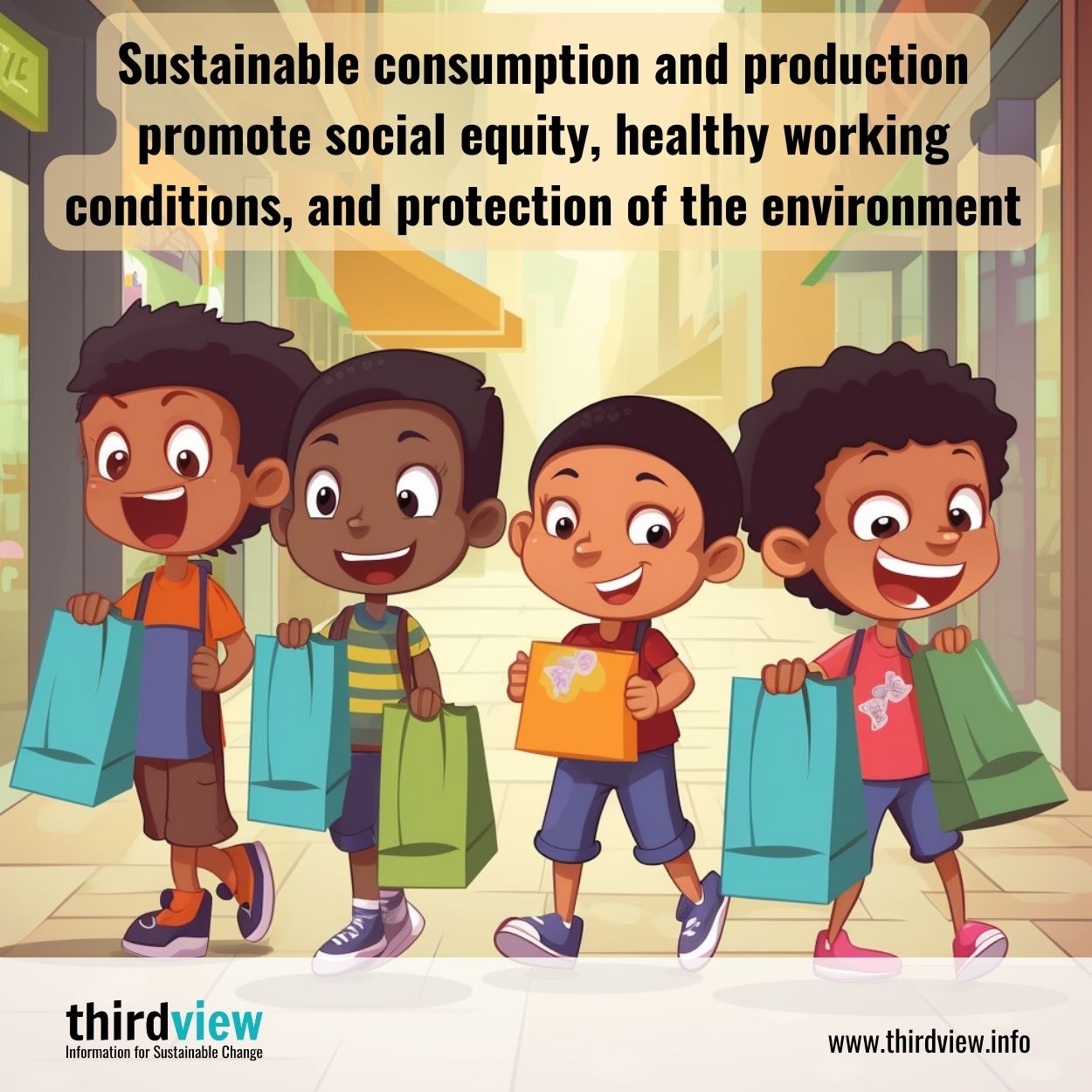Sustainable consumption and production patterns are crucial topics for discussions surrounding environmental sustainability. The concept of sustainable consumption implies that people need to satisfy their needs, but in a way that will not have any negative impacts on the environment. The same idea applies to sustainable production, meaning that the production process should be resource-efficient and cause minimal waste. However, sustainable consumption and production patterns do not only relate to the environment but have significant social implications as well. In this blog post, we will explore the social implications of sustainable consumption and production patterns.
Promotion of Equality
Sustainable consumption and production patterns have the potential to promote social equality. By adopting this approach, we create the conditions for fair access to resources. Sustainable consumption and production promote the principles of reusing, repairing and recycling which favours low-income households. In contrast, traditional production and consumption models often result in extracting natural resources solely for profit, thus causing substantial environmental and social harm. Therefore, adopting sustainable consumption and production patterns can help to narrow the gap between rich and poor by promoting equal access to natural resources.
Reduction of Poor Working Conditions
Sustainable consumption and production indirectly help to reduce poor working conditions caused by unsustainable production processes. Sustainable production values the quality of its inputs, process, and outputs, unlike traditional production which often focuses on efficiency, leading to low-quality products. Improving the quality of the production process can improve working conditions. Furthermore, sustainable production also focuses on worker safety by avoiding the health risks created by toxic substances during production. Therefore, sustainable consumption and production patterns can promote healthy working conditions and consequently contribute to a healthier society.
Prolonged Product Lifespan
Adopting sustainable consumption and production extends the lives of products, which can ultimately reduce the burden on the environment. People will be more aware of the process that brings products to their hands, and thus, they will likely cherish and maintain these products, resulting in prolonged lifespans. Extended product lifespans can reduce waste and decrease the need for continuous production and transportation of new products. Consequently, this will lead to fewer greenhouse gas emissions that harm the environment.
Education and Awareness
Sustainable consumption and production patterns need education and awareness as a significant support system. Understanding sustainable production methods and how they contribute to the environment and society can help create a responsible community. Societal knowledge surrounding the sustainable economy can give consumers knowledge and confidence in demanding products and services that incorporate sustainability into their production processes like electric car production. Educating the public on the social implications of sustainable consumption and production patterns creates an informed community that makes informed choices concerning environmental sustainability.
Sustainable consumption and production patterns have significant social implications, beyond environmental benefits. Sustainable production and consumption can promote fair access to resources, healthy working conditions, prolonged product lifespans, and educational opportunities aimed at creating informed choices. Rather than exploiting low-income individuals and communities for labour and resources, sustainable consumption and production patterns promote equal resource distribution, healthy working conditions, and protection of the environment. The need for sustainable consumption and production patterns can promote an informed society that is responsible for environmental sustainability.


